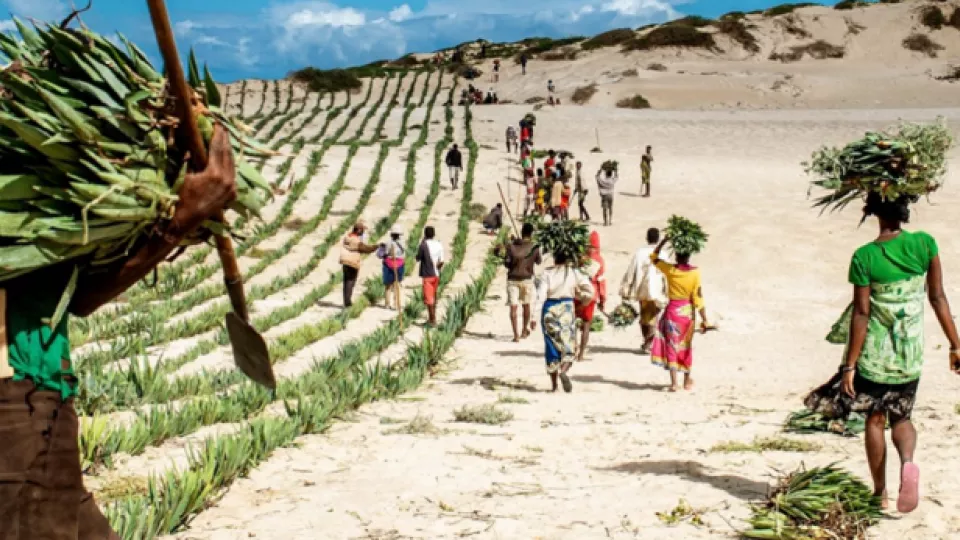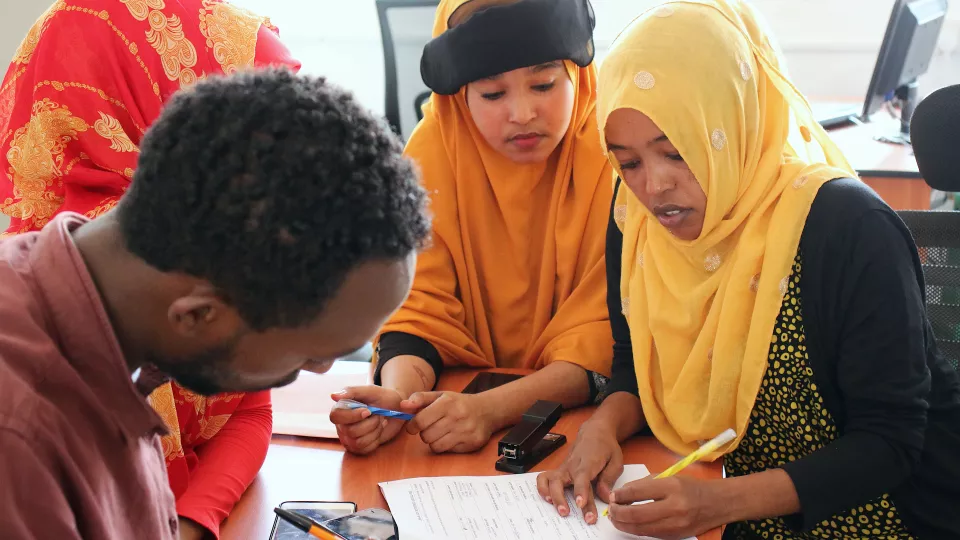In 2020, 12 non-governmental organisations from Pakistan, India, and the Democratic Republic of the Congo joined Start Network. To reflect on the value of a locally led network and the challenges of building one we hear from the new members experience and stories from their engagement with Start Network. These are synthesised into three main themes – operational practices, visibility and credibility.
The report demonstrates that new members perceive significant value in joining Start Network, from improvements in policies to increased credibility and visibility.
Although new members perceive value in Start Network membership, new members have made recommendations for how to further increase that value. Start Network should ensure that new members are continually supported to improve and strengthen their organisational systems, such as SOPs, policies, and practises.
Improvements in credibility could be further made by providing a formal recognition of Start Network membership and giving more visibility to new members as well as providing training on digital presence.


